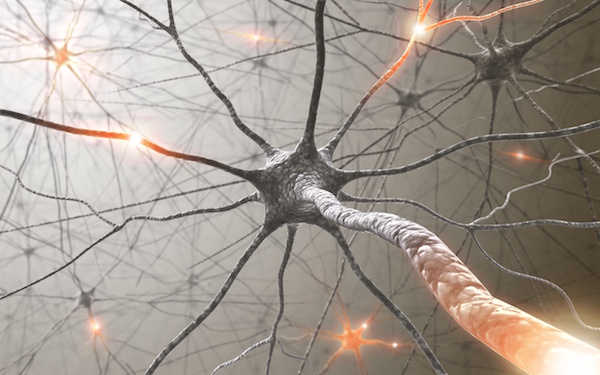
TUESDAY, July 15, 2014 (HealthDay News) — The number of new cases of dementia has been declining in recent decades in the United States, Germany and other developed countries, a trio of new studies shows.
In one U.S. study, researchers found that compared with the late 1970s, the rate of dementia diagnosis was 44 percent lower in recent years. The sharpest decline was seen among people in their 60s.
A second study, which reviewed research from England, the Netherlands, Sweden and the United States, found a similar pattern. The third study, meanwhile, found signs of progress in the space of only a few years: In 2004, older German adults were about one-quarter more likely to be diagnosed with dementia than in 2007.
“This is some good news,” said Dean Hartley, director of science initiatives for the nonprofit Alzheimer’s Association. The three studies are being presented Tuesday at the Alzheimer’s Association International Conference, in Copenhagen, Denmark. Research presented at meetings should be considered preliminary until published in a peer-reviewed journal.
“We hope this data is saying, ‘There are things we can do to change this,’ ” Hartley added, referring to the huge human and financial toll of dementia worldwide.
In the United States alone, about 5.2 million people have Alzheimer’s disease, the most common form of dementia, according to the Alzheimer’s Association. And the cost of caring for all of them is expected to total $214 billion this year.
Why is the rate of new dementia cases apparently dipping? Better cardiovascular health could be one reason, said Claudia Satizabal, a researcher at Boston University School of Medicine, who led the U.S. study.
Her team found that over the years, people’s average blood pressure and cholesterol levels improved, and their rates of smoking, heart disease and stroke declined.
Hartley said that is a plausible explanation. A number of studies have linked better cardiovascular health to a lower risk of Alzheimer’s — possibly because a healthy heart and blood vessels are more efficient at delivering oxygen and energy to brain cells.
“What’s good for the heart is also good for the brain,” Hartley said.
Another potential factor: In general, people are better educated now than they were decades ago, and many studies have linked higher education levels to a lower Alzheimer’s risk, or later onset of the disease.
It’s possible, according to Hartley, that education is just a marker of some other protective factor. But he also pointed to the “cognitive reserve” theory.
According to that theory, people who are more educated may be able to function normally, even when the brain begins to take on Alzheimer’s-linked changes — those abnormal protein deposits known as “plaques” and “tangles.”
Basically, their brains may be better equipped to compensate for that damage, by recruiting alternative brain-cell networks, for example. And, Hartley said, it’s thought that the same could be true of older people who stay mentally active — by reading, taking classes, playing games or socializing.
Satizabal said her study has some limitations, including the fact that the participants were mainly white Massachusetts residents. “We don’t know if the results would be the same in African Americans, or Asian or Hispanic Americans,” she said.
And while there were positive trends in conditions like high blood pressure and high cholesterol, the reverse was true when it came to obesity and diabetes — which grew more common over time.
The decline in dementia is “great news,” Satizabal said, but it might have been even better were it not for the rising rates of obesity and diabetes.
“It’s important to manage cardiovascular risk factors while you’re young,” Satizabal said. “Don’t wait until you’re older.”
And as for the link between education and dementia, she agreed with Hartley that mentally stimulating activities may be key. “You don’t have to have a Ph.D. to be mentally active throughout your life,” Satizabal said.
What’s really needed are clinical trials that test the idea that lifestyle choices and better cardiovascular health can stave off dementia, Hartley noted. And those trials are already under way, he said. A study in Finland is looking at whether diet changes, physical and mental exercise, and social activities can forestall dementia in older adults who have an increased risk.
More information
The Alzheimer’s Association has more on cutting dementia risk.
Copyright © 2026 HealthDay. All rights reserved.

